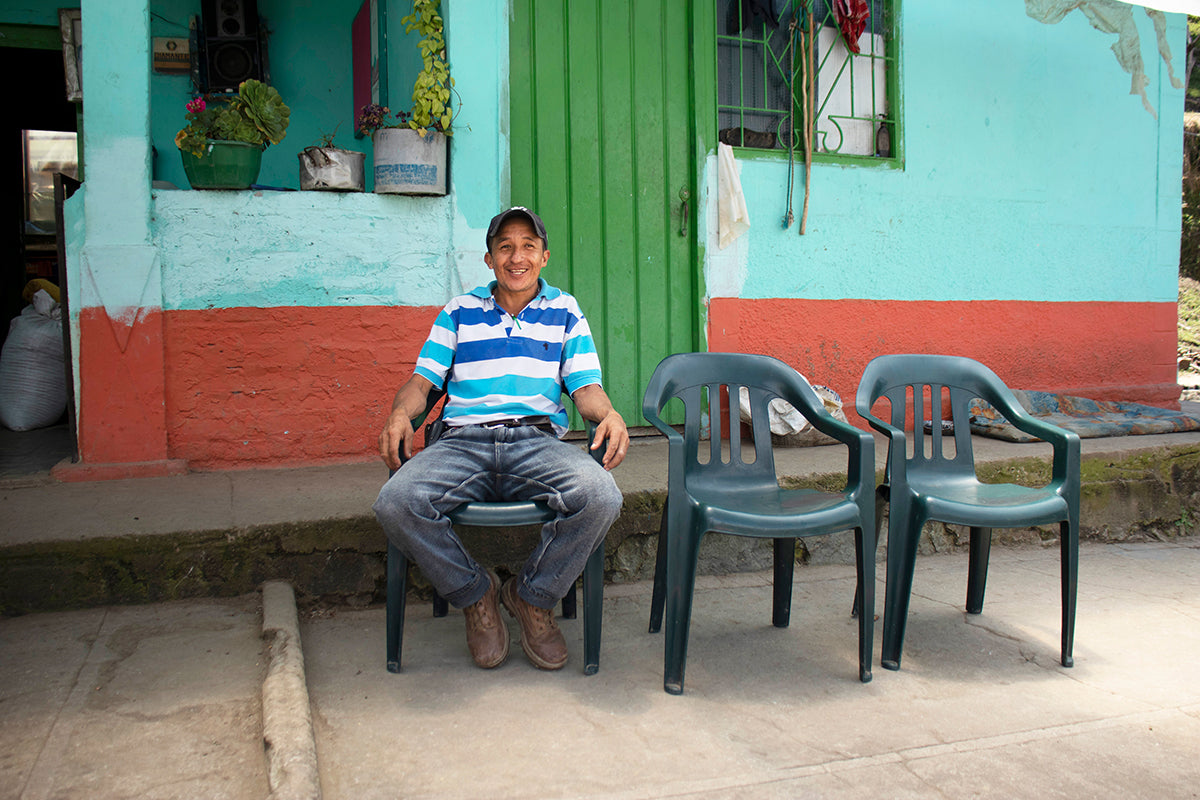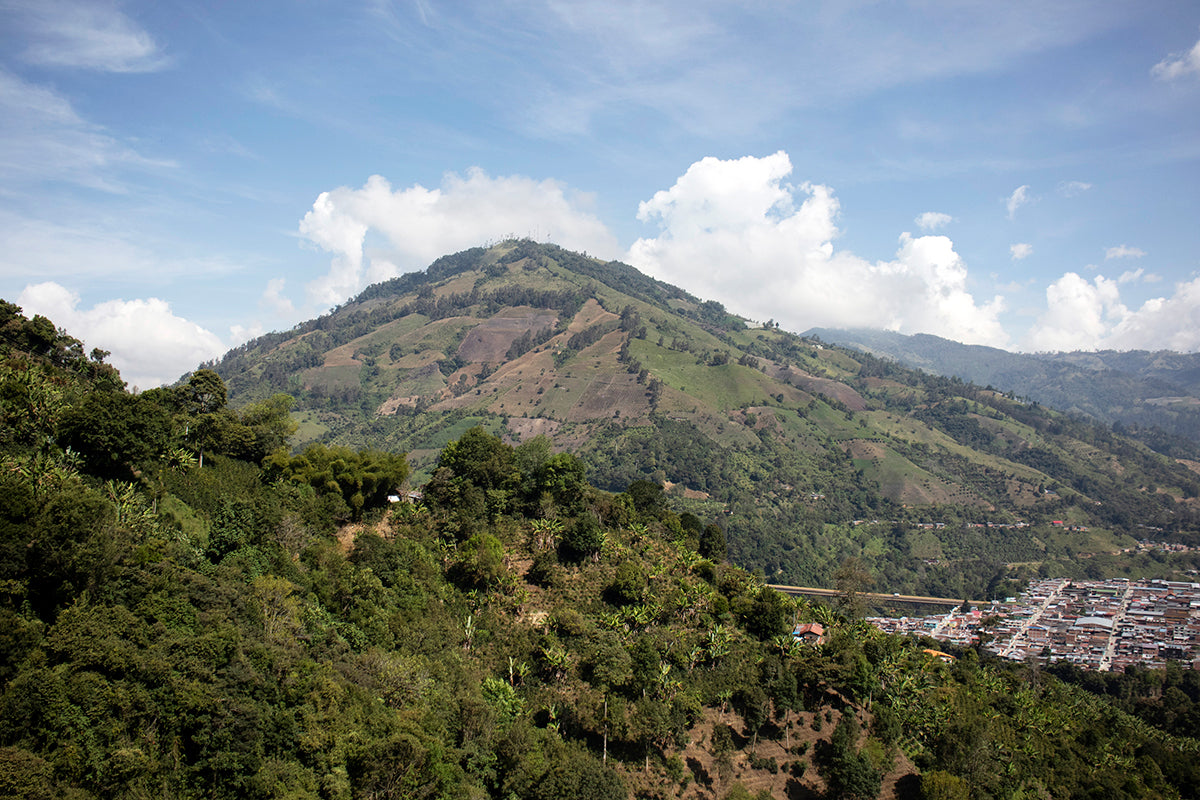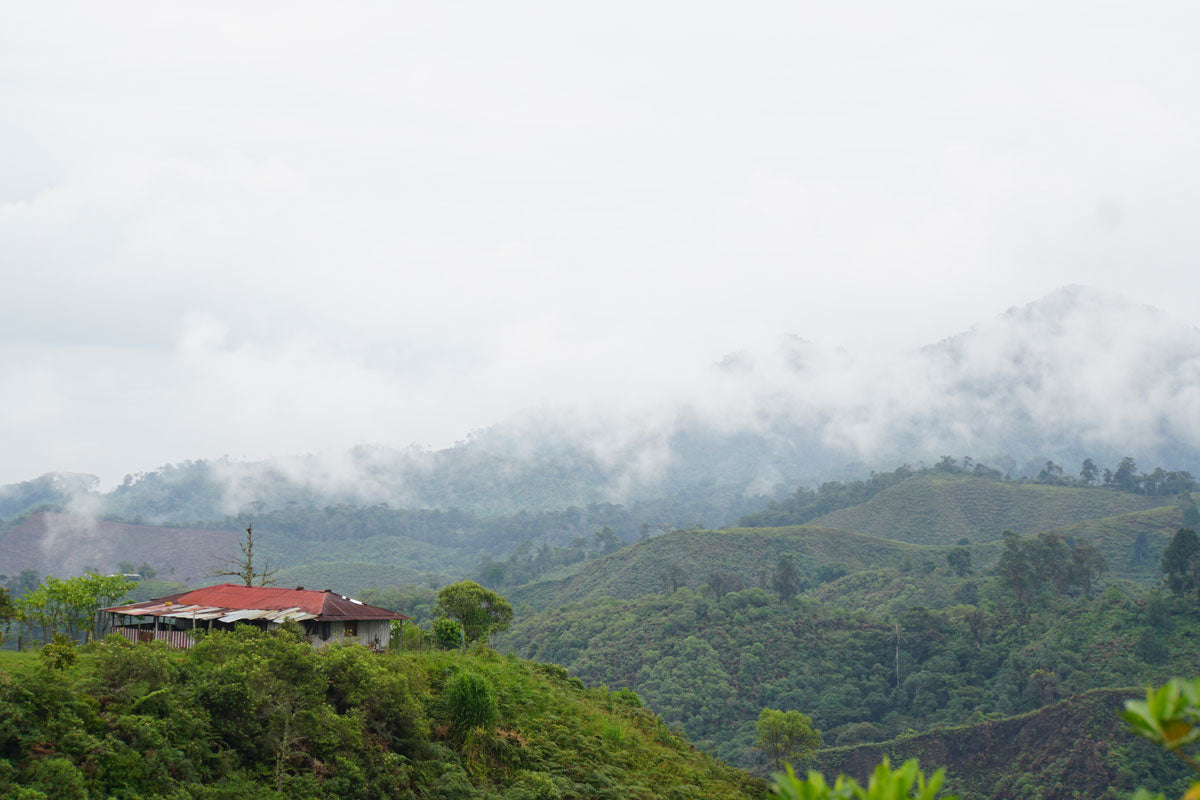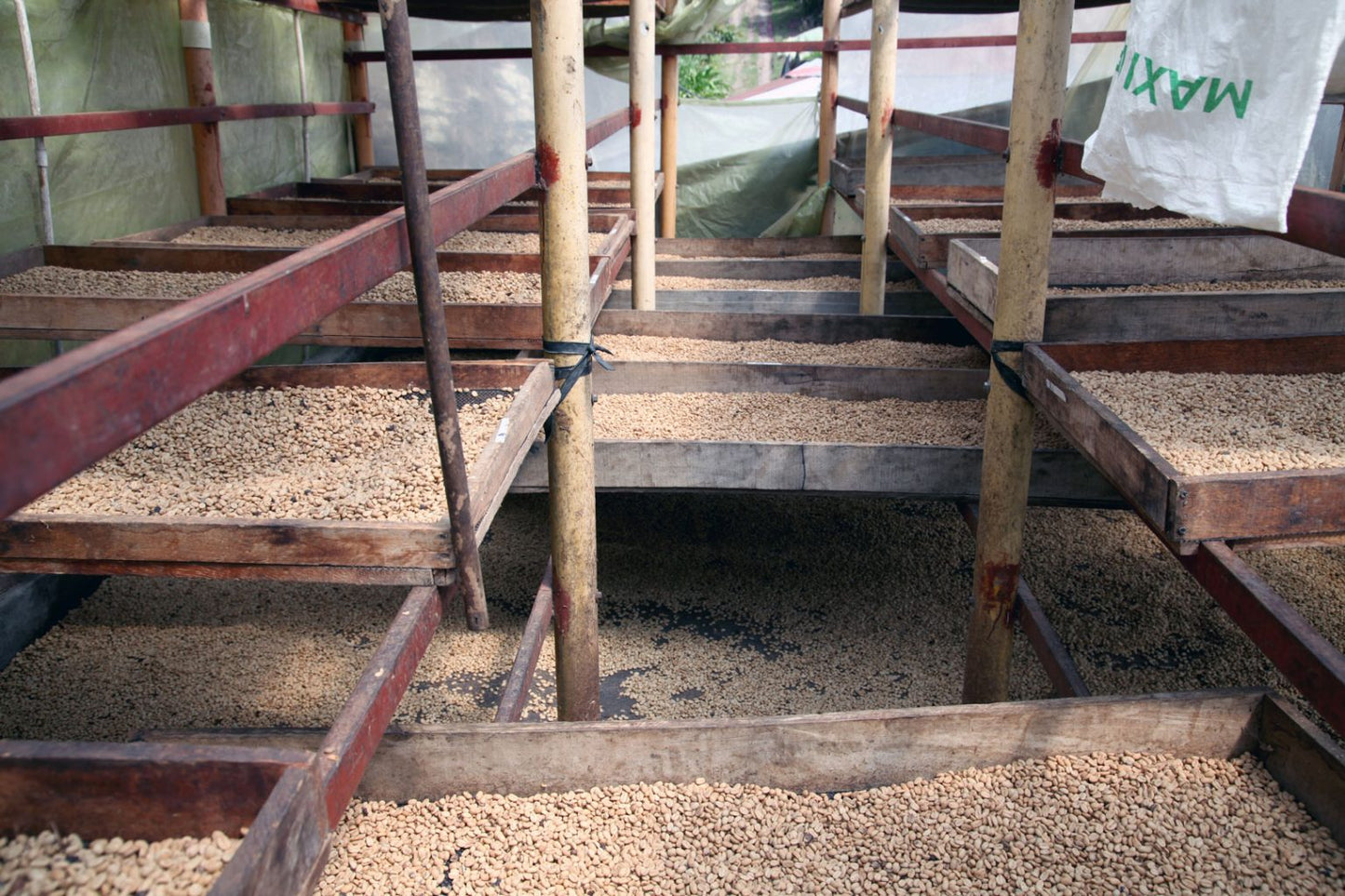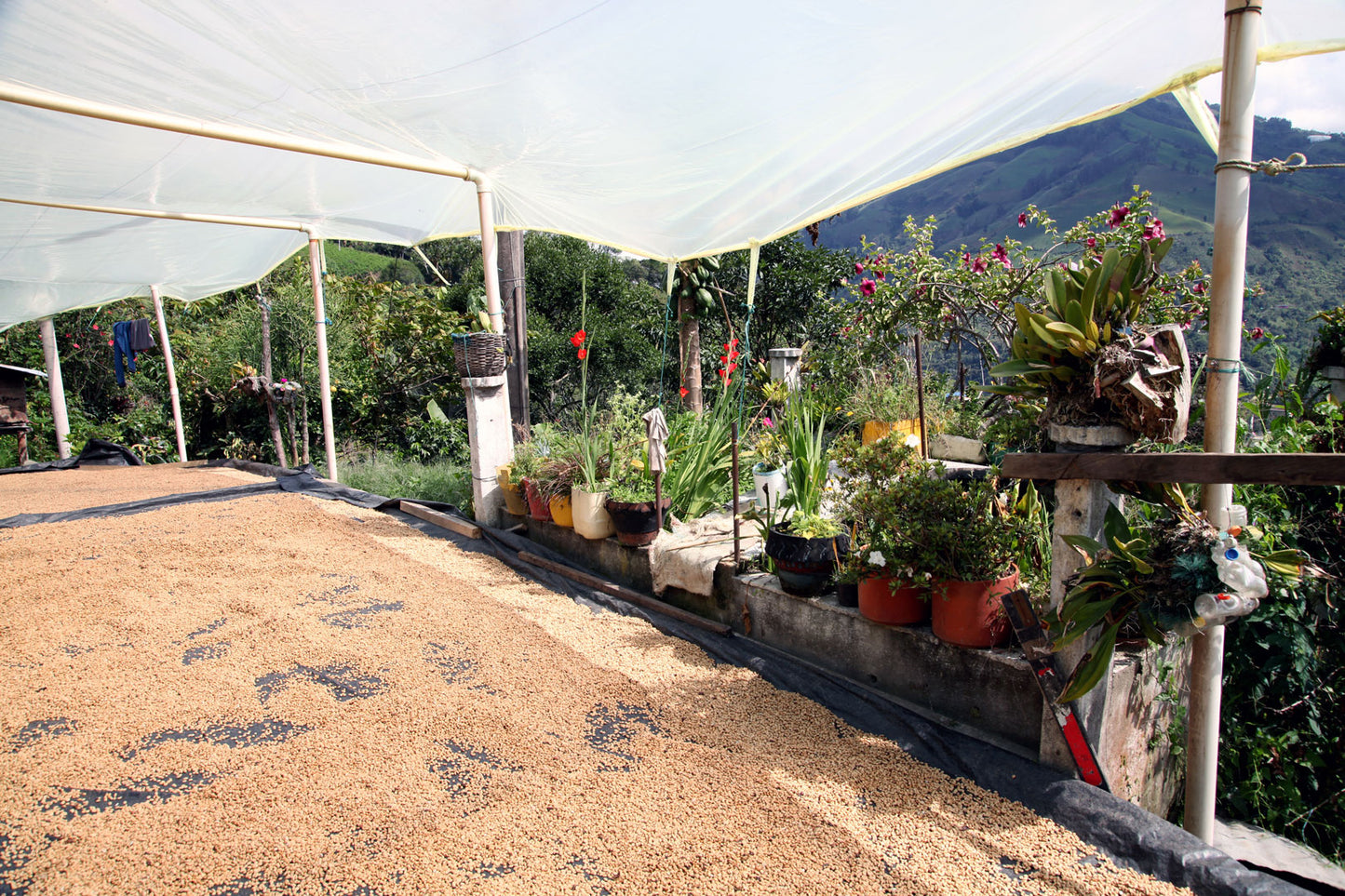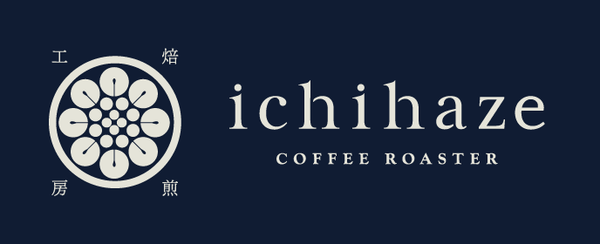Colombia - Neftali Castro
Colombia - Neftali Castro
Couldn't load pickup availability
Origine: Cajamarca, Tolima, Colombia
Variety: Caturra, Tabi
Process: Washed
Elevation: 1,730 MASL
Farm: El Diamante
This coffee was grown and processed by Neftalí Castro on his family’s farm, El Diamante (which translates to “the diamond” in Spanish), located near the town and municipality of Cajamarca, in the state of Tolima, Colombia. The 30 hectare property is owned and managed by Neftali and his sisters, who are the third generation to run the farm. When the farm was first established, the family planted plantain, green beans, potatoes and a local root vegetable called arrachacha. They also kept a small plot of Typica trees, but coffee was neither a priority nor an important source of income.
This changed in 2008, when Neftalí, the youngest of the siblings, decided to return to his family farm and take over its management, after many years working as a mechanic in Tolima’s capital, Ibagué. From the outset, his focus was on coffee production. During an inspiring visit to the renowned coffee producing region of Pitalito, Huila, he had recognised the potential of coffee and, from that point forward, was determined to pursue the social benefits of the crop for himself and his family.
Neftalí expanded the land dedicated to coffee by planting a further eight hectares of the Caturra variety. He established careful farming practices and built a small beneficio (wet mill) and drying sheds to process his crop. His efforts were rewarded when he placed 29th in 2009’s COE auction, then again in 2011 when he achieved an incredible 3rd place in the competition.
This recognition also brought attention from local FNC technicians, who advised Neftalí to replace his Caturra trees with the higher yielding Castillo variety. Unfortunately, the variety did not perform well in such a cool climate, and what followed were a couple of difficult years for the farm.
Always enterprising, Neftalí made the hard decision to entirely replace the Castillo trees with the Tabi variety, a newer hybrid that is resistant to rust and performs well at higher elevations. This crop has been far more successful, and Neftalí is once again producing exceptional quality and good yields. Alongside some 9,000 Tabi trees, Neftalí has recently planted Caturra, Pink Bourbon, Gesha and Chiroso varieties (along with a mysterious tree he calls ‘Kenya Bourbon’ (also nicknamed the Ferrari because of its impressive potential) which Neftalí acquired from fellow producer Edward Sandoval), with the expectation that these lots will fetch higher premiums for their outstanding cup profile.
Although eight hectares of El Diamante are planted with coffee, the extremely steep incline of the land requires Neftalí to plant trees 2m x 2m apart, to ease access for harvesting and maintenance — taking the number of trees planted closer to what would traditionally be found on a five hectare plot. Coffee grows under the shade, including of guamo trees (a local variety of Inga that produces a very sweet fruit) that also provide home to many native animals like the guatín and lapa.
HOW THIS COFFEE WAS PROCESSED
The coffee in this lot were selectively hand-harvested, with most labour being provided by Neftali and his family. It was processed using the washed method at El Diamante’s ‘micro-beneficio’ (mill).
The freshly picked coffee cherries were pulped using a small manual pulper and then placed into a fermentation tank, where it was fermented for 48-72 hours. Because of the cooler climate in Cajamarca, Neftali was able to blend two to three days’ worth of pickings to extend the coffee’s period of fermentation. Over that time, freshly picked cherry is pulped and added to the mix. This is key, as the fresh mucilage lowers the ferment tank’s pH level and – along with the cooler temperatures – allows for an extended fermentation process. This fermentation process contributes to a vibrant, winey acidity in the coffee’s cup profile. The resulting parchment was then washed using clean water from nearby rivers and streams.
We roast on every Monday and dispatch on Tuesday.
View full details